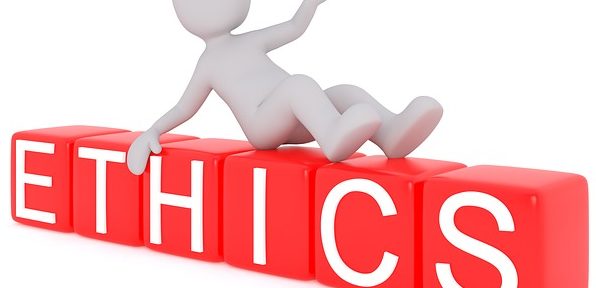
Actress Anne Heche died on August 5th, 2022, after driving her car head on into a house in Los Angeles. Heche was declared brain dead on site but her other organs were harvested. Much like other celebrities we’ve written about, Anne Heche didn’t have a Last Will and Testament in place, but she did leave around a roughly (hefty) fortune of around $4 million, two sons, and a mess for her loved ones to sift through (legally). Without a Last Will and Testament, the latest update shows that her 20-year old son is slogging it out in court with his mother’s ex-boyfriend. They’re both fighting over Heche’s estate, which you can read about here.
Aside from the ensuing legal mess that Heche left behind for her loved ones, there is also the lingering emotional trauma for the victim of the house that Heche rammed into that fateful night in August. Heche slammed her car into the front end of a house and died on impact. The woman, Lynne Mishele, was working from home when the crash happened: the car slammed into the front of the house, the living room, and the laundry room. According to the lawsuit, the car only stopped “..a few feet away from her.” Both the woman and her three pets survived. Aside from losing all of her physical items, the emotional trauma caused by the crash has caused Lynne to develop (understandably) depression and anxiety. The woman is seeking damages from Heche’s estate for $2 million dollars. You can read more about it here.






